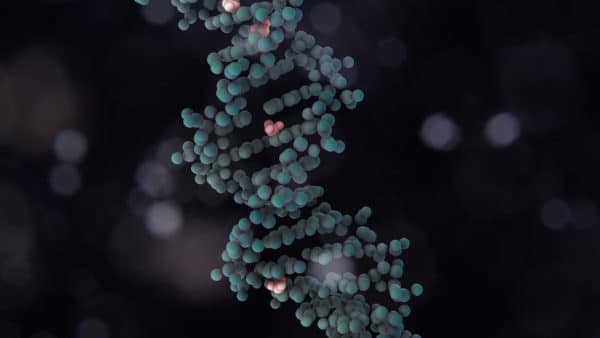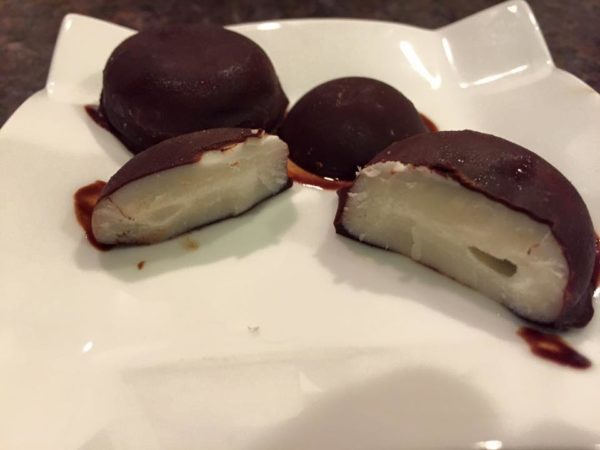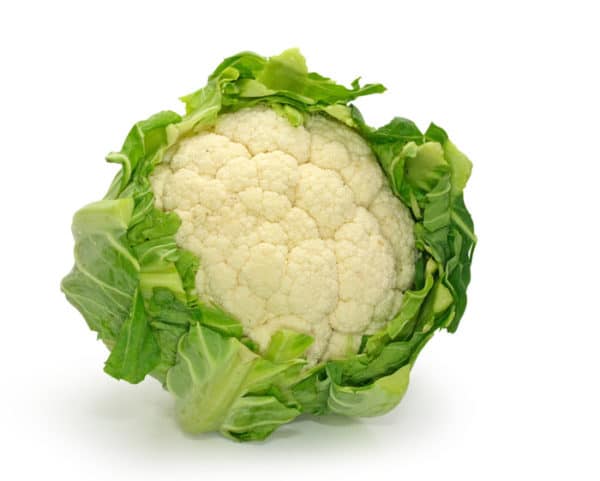
People become vegetarian for many reasons. For me it was strictly health at first, then it evolved to so much more. I love hearing others stories and perspectives, about why they forgo animal foods and about why they choose to continue them. While I believe that there are no absolutes, the evidence is clear to me that diets that are high in green plant foods and low in animal foods provide the best protection against cancer, heart disease, diabetes and autoimmune disease. Yet I am not here to convince anyone of anything, and I am certainly not one to adhere to a dogmatic viewpoint in the face of evidence that a particular dietary regime is not working. I love raw foods and it’s the diet that works best for me. Here’s the perspective of my Book Doula, Dr. Liz Alexander:
Inside Out Eating
Dr. Liz Alexander
It wasn’t just red meat that was served for most meals when I was growing up, but any part of an animal that was remotely edible. Brain, liver, kidney, tripe, tongue—I swear that if my mother had found a recipe for entrails stew she would have served it. I faced so much congealed nastiness, given the rule in our house: If you don’t eat it for dinner, it will be waiting for you at breakfast. I struggled mightily at breakfast times.
As soon as I left home my dietary selections changed to higher end cuts. No more stewing steak with fat and gristle for me; it was to be prime rib steak or nothing. I’d toyed with being a vegetarian at age 15, more as an expression of teenage rebellion than anything else. But in the north of England during the late 60s, early 70s, vegetarian options were few and far between. My mother refused to allow me to think of our home as a “hotel” where I could opt for different meals than the rest of the family, plus there were only so many nut rissoles I could stomach. So the carnivore in me lived on.
Fast forward to my early 30s when, as a freelance reporter for a pan-European TV channel, I was asked to take part in (and report on) a six week detox. No more meat, bread, sugar, caffeine, or alcohol. The emphasis was to be on raw food as much as possible. After decades of eating processed and packaged meals you can image what the first week was like. L
But I did. In fact, I felt so marvelous after I’d cleansed decades of gunk out of my system that I maintained my “no red meat, no caffeine, no alcohol” regimen for several years afterwards. And I noticed a distinct change. No more protruding belly (I’ve always been slim, but with what my mother called a “tummy”), or constipation, or insomnia. But gradually red and white meat (especially lamb and bacon—I loved lamb and bacon!) crept back into my diet, even though I’ve stayed away from caffeine and alcohol in order to calm my over-active mind.

As I embraced this more vibrant, energetic, happy and serene “me” I found I was no longer attracted to certain foods, particularly meat. Yes, I agree with all the intellectual arguments for foregoing hormone-laced meat and I abhor the disgraceful treatment of animals and poor husbandry practices of much of today’s food industry. But that’s not how I manage to successfully shun meat. I succeed because it’s not consistent with who I am, whom I’ve chosen to be.
Today, I find it easy to maintain a yummy 75% raw diet, to slug down 2oz wheatgrass shots daily, experiment with 
So, if you find yourself struggling to exclude meat from your diet, maybe you could try something similar? Ask yourself: What’s my new image? Then act the part, consciously and consistently until it becomes second nature. I don’t set myself any rules or deny myself anything that I love. I simply found that I was naturally ready to say “goodbye” to the old carnivore in me in the process of living life as my best self.
Dr. Liz Alexander is the author of ten nonfiction books, including The Magic of Labyrinths: Following Your Path, Finding Your Center (written under her former name of Liz Simpson), published by HarperCollins in 2002. Also known as The Book Doula, she works with would-be authors to creatively conceive, grow, and birth books that help them leave a legacy and use this promotional tool to boost their business, service, or subject-matter expertise. www.bookdoula.biz.
Share this:

Are you feeling stuck?
Do you feel as if something is missing from your practice that's keeping you from delivering breakthrough outcomes for your clients?.
Recent Posts
Our Programs
Nutritional Endocrinology Practitioner Training (NEPT)
The Mastery and Certification tier is our flagship program and provides everything you need to feel confident as a practitioner who knows how to get results that lead to healthy and happy clients.
Functional Assessment Mastery
Explore the relationships between the most important hormones and their relationship with nutrition.
Functional Nutrition Mastery
Learn how to support your clients to eat and supplement in a way that reduces and eliminates chronic symptoms.
Medical Disclaimer: The information on this website is not intended to replace a one-on-one relationship with a qualified health care professional and is not intended as medical advice. It is intended as a sharing of knowledge and information from the research and experience of Dr. Ritamarie Loscalzo, drritamarie.com, and the experts who have contributed. We encourage you to make your own health care decisions based upon your research and in partnership with a qualified health care professional.
Disclosure: Sometimes (but not always), when I share resources in my programs, newsletter, and on my website, I'm using an affiliate link, which means I do make money if you buy. My credibility is extremely important to me; therefore, I only endorse the products, services, and people I believe in. DrRitamarie.com is independently owned and the opinions expressed here are my own.
Click here to see our Privacy Policy.











Thank you so much for this article Dr. Liz! I think not depriving yourself is a great way to get out of panic of “oh my gosh I’m on a “diet” I also believe in tapping into the mind and am just venturing into this area myself! So thank you for sharing your experiences.